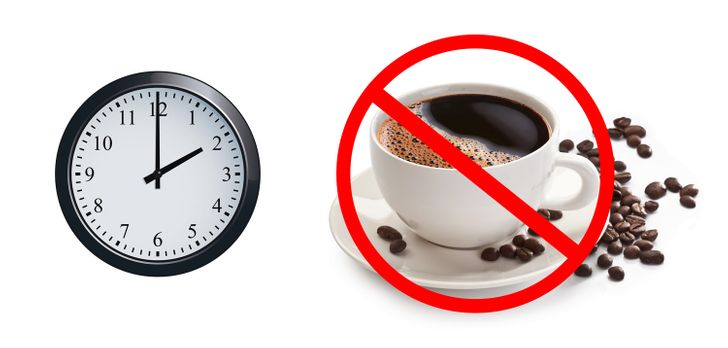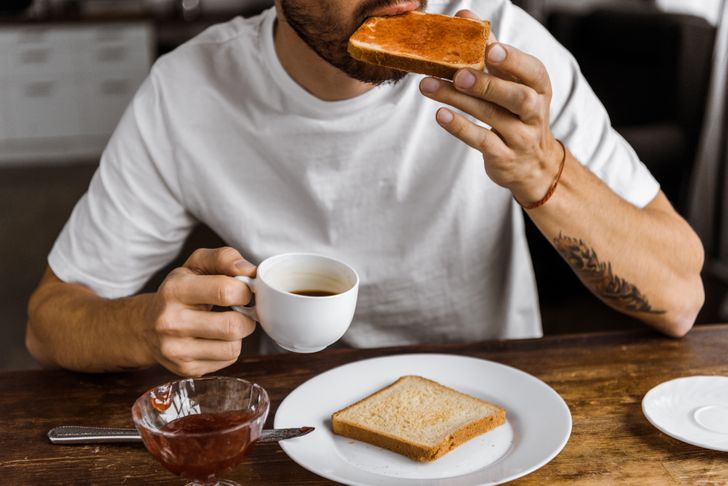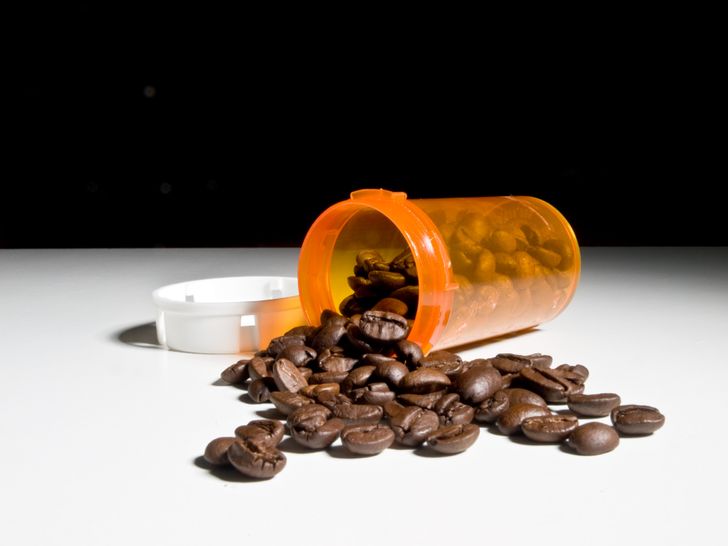Many studies point to a number of health benefits that accompany coffee intake due to its amount of antioxidants, but it can also be an addictive habit if you have too much. Basically, if consumed in the right way, coffee can be very good for you.
To help you make the most out of your cup of coffee, We share some habits that are sure to improve your health and your caffeine game.
Best Coffee Habits
8. Try “bulletproof” Coffee

Bulletproof Coffee is a recipe where you add unsalted butter and MCT oil to your regular cup of black coffee. It seems strange and unusual, but many people swear it and claim that it is creamy and delicious.
It’s also a hearty drink, which is good news for those who don’t like to eat in the morning but can’t refuse a dose of caffeine when they wake up.
It is believed to increase good cholesterol and lower triglycerides, so think of it as an enhanced coffee drink.
7. Go Easy On The Sugar

Ideally, we should all be drink coffee with no added sugar or sweetener, but this is not the case for many people. Sugar is one of the most harmful ingredients in the modern diet, so you should definitely moderate your intake.
Try adding something more natural like vanilla or stevia to your cup of coffee. If you still crave sugar, try to cut your normal amount at least in half.
6. Avoid Caffeine After 2 P.M

Coffee is a stimulating drink, which is one of the reasons why it is so popular. The downside is that it can interrupt your sleep cycle. You can have 2-3 cups of coffee in the morning, but avoid coffee after 2 p.m. at 3 pm.
it’s a smart move, especially if you’re already a light sleeper. Try switching to decaf or a cup of tea in the afternoon, so you can get a good night’s sleep.
5. Add Cinnamon Or Cocoa To Your Cup Of Joe
Adding cocoa to your coffee is not only great as a boost of antioxidants in your drink but also helpful in decreasing the amount of sugar you are adding to your cup.
Mocha, which is a type of chocolate-flavored coffee blend, is a popular choice in restaurants around the world.
The same goes for cinnamon, a powerful thermogenic and antioxidant “superfood” that is not only incredibly beneficial to health but also adds a spicy flavor to coffee. A pinch of this is more than enough, as too much can cause uncomfortable symptoms.
4. Don’t Let Your Breakfast Be Only A Cup Of Coffee

Drinking coffee on an empty stomach is not the best idea. If you haven’t eaten anything, coffee (including decaf) can damage the lining of your stomach and cause effects such as heartburn and indigestion.
It can also negatively affect the nervous system, intensifying anxiety symptoms. Of course, if you don’t want to have a full breakfast, at least grab a bite before you have your cup of coffee.
3. Avoid Non-filtered Water

Since we tend to boil water to make coffee, we don’t care if the water filtered or not. Coffee made from filtered water not only tastes better, but it also doesn’t contain unwanted heavy metals from old pipes or excess chlorine disinfection by-products used to decontaminate water. It is better to choose filtered water instead of tap water for your cup of coffee.
2. Try Switching To Almond Milk
If you drink coffee regularly and tend to drink more than 1 or 2 cups a day, it is best to limit the amount of milk you are drinking. Too much milk can cause uncomfortable gastrointestinal symptoms and lead to weight gain.
You can try a healthier, non-dairy option, such as almond milk, as a naturally creamy alternative to cow’s milk. You can always drink it black too if that’s your thing.
1. Reduce Your Caffeine Intake

Coffee can be quite addictive, so it’s best to avoid drinking too much to avoid nervousness and other withdrawal symptoms. If you don’t want to switch to decaf altogether (which is not entirely free of caffeine), you can try a half and half coffee with regular and decaf.
What habits are you incorporating into your coffee drinking routine? Did any of these tricks surprise you? Tell us what you think and share this article with the person who likes caffeine in your life.









Leave a Reply